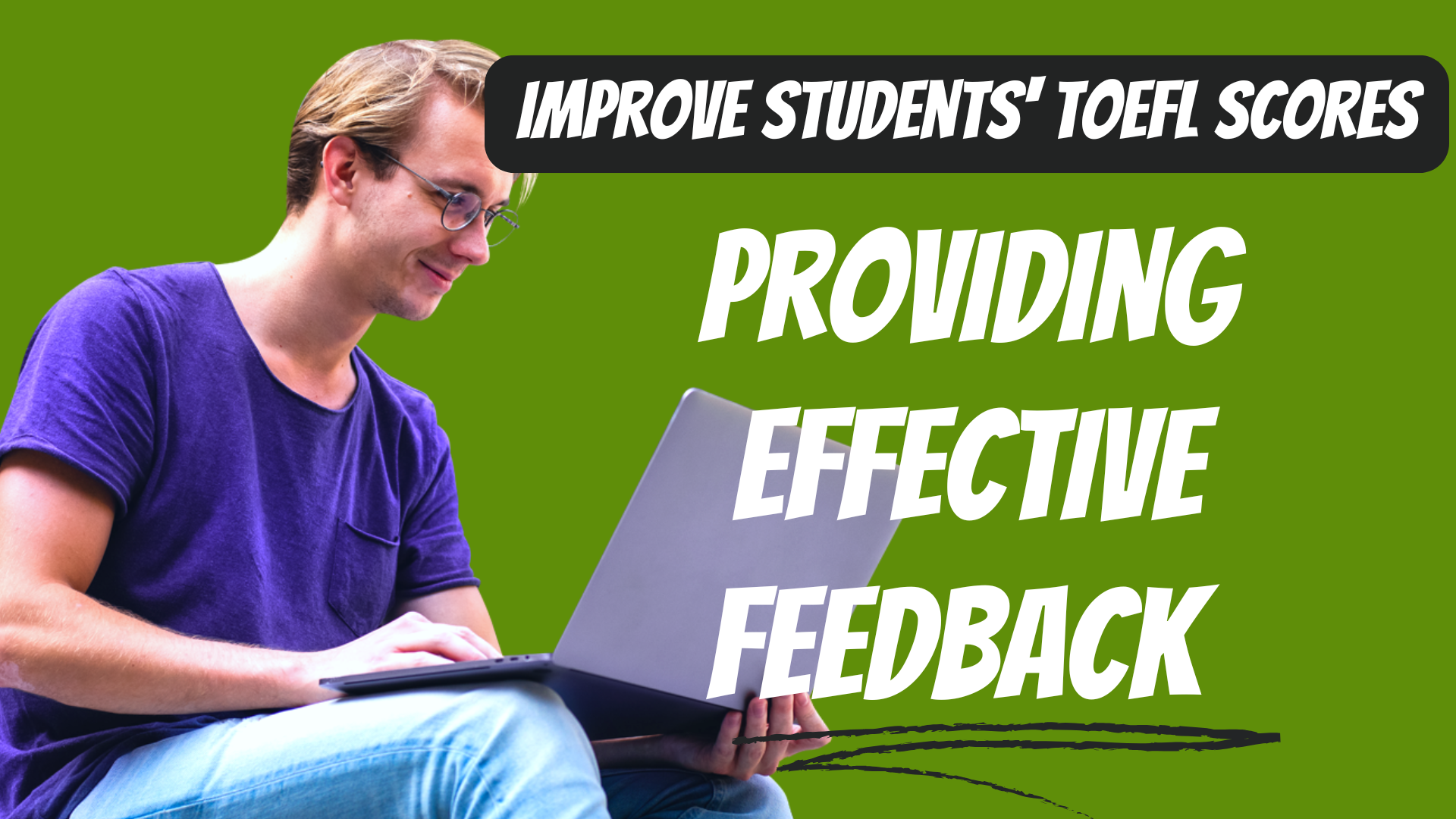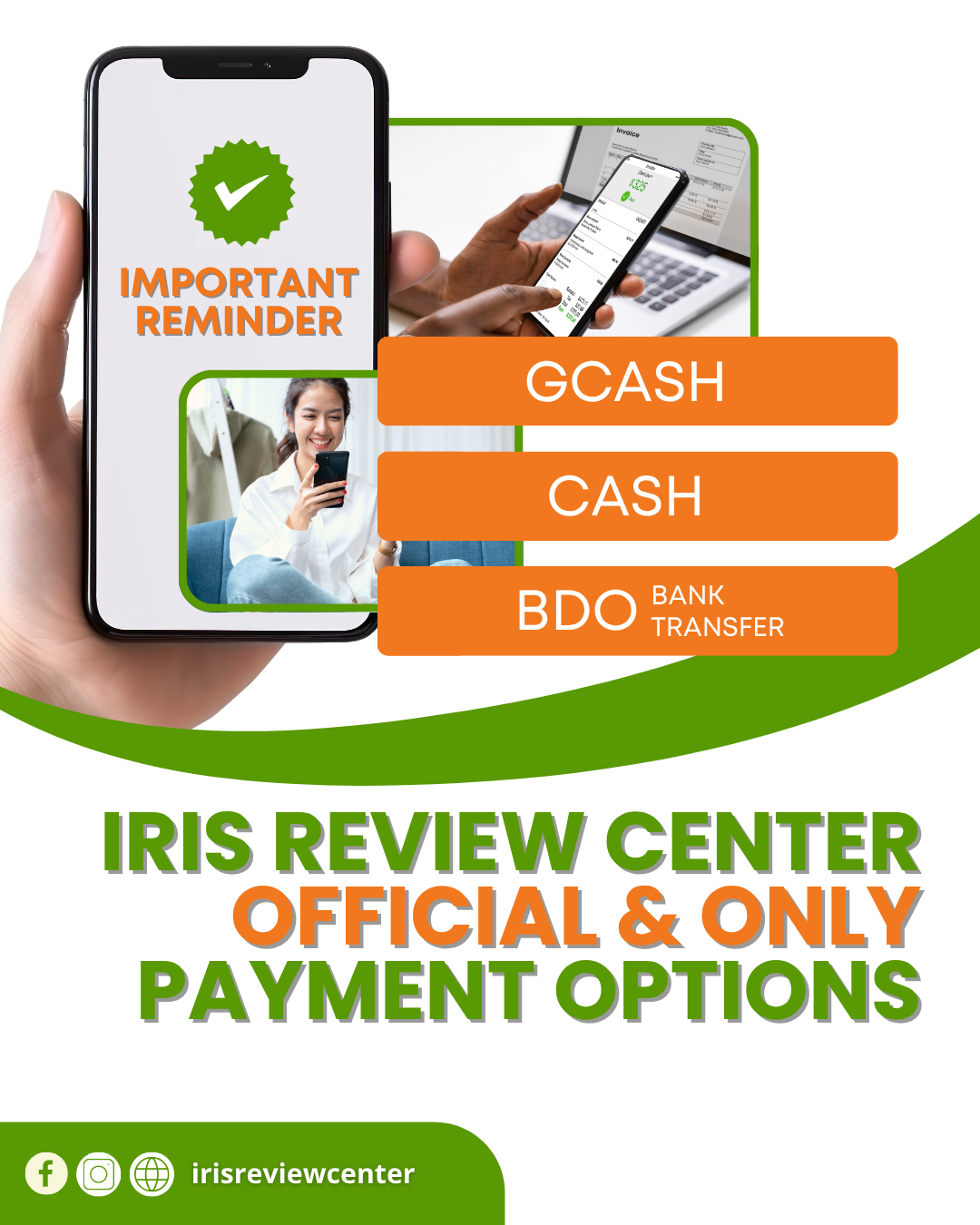Providing Effective Feedback to Improve Students’ TOEFL Scores
The TOEFL exam is a critical benchmark for many students aiming for academic or professional opportunities abroad. As an English review center, we constantly see dedicated students pour hours into TOEFL preparation, yet some still struggle to reach their target scores. What often makes the crucial difference? The power of effective feedback.
Beyond just hours of practice, the quality of feedback students receive is paramount. It transforms mistakes into profound learning opportunities, guiding students precisely where and how to improve. This post will delve into why targeted feedback is indispensable for improving TOEFL scores and how educators can deliver it effectively.
What Exactly is “Effective Feedback” in TOEFL Tutoring?
Effective feedback is much more than simply correcting errors. It’s a strategic communication process designed to guide learners toward mastery. For TOEFL teachers and ESL instructors, this means providing insights that are:
-
Specific & Actionable: Instead of a vague “Your essay needs work,” provide a precise directive like, “Your introduction lacks a clear thesis statement. Rephrase sentence three to explicitly state your main argument.”
-
Timely: Deliver feedback promptly after an activity so the learning context is still fresh in the student’s mind.
-
Constructive & Encouraging: Balance areas for improvement with praise for what was done well. This maintains student motivation and builds confidence.
-
Forward-Looking: Focus on what the student can do to improve in the future, rather than just what went wrong in the past.
-
Digestible: Avoid overwhelming students. Prioritize the most critical areas for improvement in manageable chunks.
Why Effective Feedback is Crucial for Each TOEFL Section
Each section of the TOEFL iBT (Reading, Listening, Speaking, Writing) presents unique challenges that powerful feedback strategies can address.
1. Reading & Listening Comprehension
For these receptive skills, effective feedback helps students understand why they chose incorrect answers.
-
Focus: Guide them back to specific parts of the text or audio.
-
Strategy: “You missed this detail because you misinterpreted the pronoun ‘it’ in line 15. Let’s re-read that sentence and identify its antecedent.” Or, “The speaker’s tone indicated uncertainty; listen again for the subtle vocal cues that contradict your chosen answer.”
-
Benefit: Develops critical reading and listening strategies, not just answer memorization.
2. Speaking Section
The speaking section often causes significant anxiety. Feedback here should be immediate and practical.
-
Focus: Pronunciation, intonation, fluency, grammatical accuracy, vocabulary range, and coherence.
-
Strategy: Record their responses and play them back. “Notice how your stress was on the wrong syllable here, which changed the word’s meaning. Let’s practice saying that word correctly.” Or, “Your ideas were good, but you hesitated frequently. Let’s work on transition words to improve your fluency.”
-
Benefit: Builds confidence and clarity in oral communication.
3. Writing Section
TOEFL writing requires sophisticated academic English. Feedback needs to address structure, argumentation, grammar, and vocabulary.
-
Focus: Thesis statements, topic sentences, supporting details, coherence, sentence structure, and academic vocabulary.
-
Strategy: Use rubrics to pinpoint specific scoring criteria. “Your conclusion summarized your points well, but it didn’t offer a final thought or implication. Try to broaden your perspective in the last sentence.” Or, “You have several run-on sentences. Let’s review how to correctly use conjunctions and punctuation.”
-
Benefit: Refines writing skills to meet academic standards.
Practical Strategies for Delivering Impactful Feedback
To ensure your feedback truly resonates and drives student improvement:
-
Utilize Rubrics: Leverage the official TOEFL rubrics to provide clear, objective scoring and feedback. Students can see exactly where they stand and what’s required for a higher band.
-
Encourage Self-Correction: Instead of always providing the answer, prompt students to identify their own errors. “Can you find what might be unclear in this sentence?” This fosters critical thinking and builds autonomy.
-
Schedule One-on-One Feedback Sessions: Whenever possible, dedicate time for individual feedback sessions where students can ask questions and discuss their performance.
-
Implement Feedback Cycles: Design learning activities so students can immediately apply feedback from one task to the next. This creates a tangible link between effort and improvement.
-
Leverage Technology: Recording speaking responses, using online grammar checkers as a first pass, and utilizing shared documents for collaborative editing can enhance efficiency and effectiveness.
-
Focus on the “Why”: Explain the reason behind a grammatical rule or a particular writing strategy. Understanding the logic helps with long-term retention.
Avoid Common Feedback Mistakes
To maximize impact, steer clear of:
-
Over-correction: Too much red ink can be demoralizing. Prioritize the most critical errors.
-
Vague comments: “Good job” or “Needs improvement” don’t provide actionable insights.
-
Delayed feedback: The longer you wait, the less relevant the feedback becomes.
-
Ignoring strengths: Always acknowledge what the student did well to build confidence.
Ready to See Your Students Soar?
At IRIS Review Center, we understand that improving students’ TOEFL scores is a partnership between dedicated learners and expert guidance. Our programs emphasize personalized, effective feedback that equips students with the strategies and confidence needed to excel.
- Beyond the Basics: Mastering the Nuances of English Grammar
- Staying Motivated on Your OET Journey: Overcoming Challenges and Achieving Your Goals
- Writing Success in the OET: Essential Techniques and Templates
- Free OET Practice Resources: Sharpen Your Skills Before the Test
- Providing Effective Feedback to Improve Students’ TOEFL Scores


